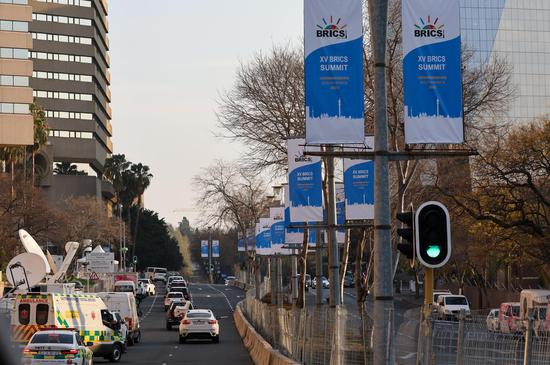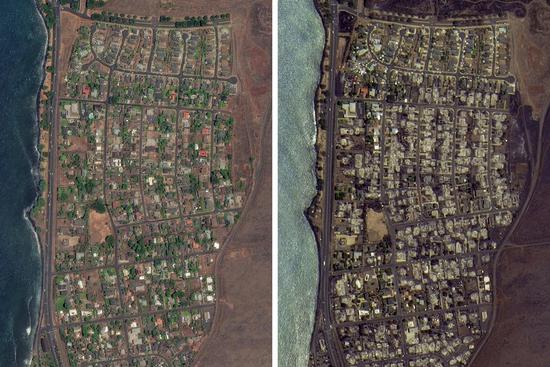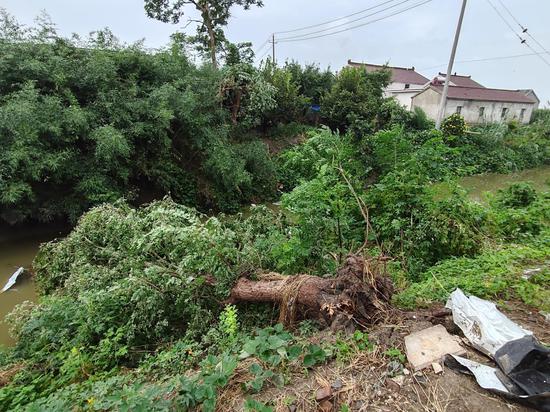Workers drifting back to offices, increased social activity, and new virus strains have all been linked to a spike in COVID-19 infections in Germany.
The Robert Koch Institute, which is the nation's official disease control agency, said the number of infections across the country remains low compared to the number at the height of the pandemic, but it warned they have been rising quickly in recent days.
The institute said there were around 2,400 confirmed COVID-19 cases in Germany last week, but only around 400 the week before.
Germany's Pandemic Radar, which its health ministry updates each day, shows doctor visits related to COVID-19 rose by 175 percent last week compared to the week before. Hospital admissions increased by around 50 percent last week compared to a week earlier.
Timo Ulrichs, an epidemiologist at the Berlin Akkon University of Human Sciences, told the Spiegel news website: "It could be that we're having a summer wave."
Vaccine expert Peter Hotez, from the National School of Tropical Medicine at the Baylor College of Medicine in Texas, the US, told The Guardian newspaper it is not clear whether the spike in Germany is down to more people returning to offices, more social interactions such as trips to the movies, or new strains.
He said the fact that Europe no longer monitors COVID-19 cases in detail makes it harder to understand the reasons.
"We'll probably never know (the cause of the spike in infections) since no one seems to be keeping track of such things anymore," Hotez said.
A new variant of the Omicron strain of COVID-19, known as the EG.5 Eris variant, has been infecting people globally more easily than previous strains, leading the World Health Organization, or WHO, to classify it as a "variant of interest" earlier this month.
Germany's Health Minister Karl Lauterbach told German media the XBB.1.5 variant of COVID-19 has also been causing a lot of new infections and it being watched by the German government.
"Our early warning system is activated," he said.
COVID-19 cases have also been surging elsewhere internationally, with the US city of New York recently reporting a doubling of COVID-19 hospitalizations and France also recording worrying spikes.
The WHO is also monitoring the BA.2.86 variant, which has been dubbed Pirola. The variant, which was first found in Denmark, Israel, the United Kingdom, and the US, is worrying because of "the large number of mutations it carries", the WHO said, noting that may mean it spreads fast.
"More data are needed to understand this COVID-19 variant and the extent of its spread but the number of mutations warrants attention," the WHO said. "WHO will update countries and the public as we learn more."


















































 京公网安备 11010202009201号
京公网安备 11010202009201号